- 57 Posts
- 67 Comments

 21·22 days ago
21·22 days agoThere are levels of paranoia that gets to the point of excessive time spent managing your footprint that could be better used elsewhere as I would imagine especially if you’re not a high value target. I am not a high value target

 9·1 month ago
9·1 month agoahhh damn. It was a post from the person that submitted the wine merge request for Adobe installer support. In it was a screenshot of a steamdeckhq post about his WINE patch he did and Tim Sweeney having a mocking reply to the post about Linux and Adobe users. The dev was celebrating that Tim for whatever reason got a bit triggered about people celebrating his work to get the Adobe installer working in WINE

 5·1 month ago
5·1 month agoSaw this today from the guy that did the WINE development to get the Adobe creative suite installers working

 361·1 month ago
361·1 month agoThe current free game are the two Styx games. I grabbed them on Steam when I saw they went 90% off so I’d have an easier time running them on my legion go and my Android phone. I learned of the games because of them being the EGS free game and the game looked up my alley
https://store.steampowered.com/app/242640/Styx_Master_of_Shadows/
https://store.steampowered.com/app/355790/Styx_Shards_of_Darkness/

 18·1 month ago
18·1 month agoIt doesn’t take 3nm/2nm chips to make a great computer. The Switch 2 is has a Samsung 8nm SoC. Steam Deck is TSMC 7nm. A Steam Deck has a better processor than my Intel N150 NAS. We don’t need the strongest hardware for self hosting. Don’t need it for a good gaming experience. Someday we’ll get second hand server parts salvaged into home equipment. The PS5 had that jailbreak. That can someday be a useful Linux machine. Someday the Xbox Series. Someday there’ll be a wave of RISC-V SBC’s that are better than the most recent raspberry pi

 1·2 months ago
1·2 months agoThe thread is about servers and supercomputers being dominated by Linux

 8·2 months ago
8·2 months agoDon’t have anything recurring. More like random $10-20 thrown here and there. It’d probably be more often if it was all more integrated/streamlined. Pretty much the hyped up Flathub payments feature someday. I’d do that more often than patreon/opencollective/etc. I’ve had a patreon sub for a few projects over the years

 3·2 months ago
3·2 months agoI don’t think 10 lifetimes is enough for me to learn about all the software that people out there run on Linux servers. Then I die my last lifetime and people come up with new software. Myself as an individual could see all that and say that software like that should be available on a server OS especially to compete with Linux. A huge company with over a hundred thousand employees. They can probably crowdsource through their employees a way longer list than me but will leadership read the list? Will they greenlight funding development for all that software? Will they match up to as good and ideally better to be worth paying for than the free and open source stuff on Linux? Will they keep up development on all that software or fall behind the open source stuff?
If they can’t do that, there’s no reason for any company to smartly spend money on a proprietary server OS license for what would be immediately a worse product or a product that is at best just as good or a product that would inevitably end up being worse than the Linux ecosystem. I consider it an impossibility for a new proprietary OS to cover the whole breadth of server software out there and even the whole breadth of server hardware support. I’m not sure what the status is of Windows Server ARM and Windows Server RISC-V. Don’t know how popular POWER is on server or if SPARC is still kicking. That’s top 5 largest company in the world Microsoft that’s been doing operating systems for like 40 years.
Doing a Linux spin makes the most sense.
Plus Linux development is supported by a huge amount of large companies. It’s not rag tag open source freelancers vs mega-corporation. It would be a collection of mega-corporations to small corporations plus independent individuals vs a mega-corporation

 2·2 months ago
2·2 months agoCan’t speak for this month but last I tried was like October and I couldn’t alt-tab another window over a full screen game. I’m thinking of giving another go when 26.04 popos comes out

 3·3 months ago
3·3 months agoIt’s always about bringing back the old Bioware names for star wars rather than the old obsidian Kotor 2 names. Kotor 2 raised the bar even with the rushed development. Raised it so high that the mega budget multiple single game story sized MMO with Bioware disappointed, Same with the book before the game. I don’t get what about these suits and Bioware alumni seem so allergic towards Kotor 2. Mass Effect was a step back compared to Xbox era Bioware and a major step back comparison to Xbox era Obsidian. Besides David Gaider, if the name is a former major Bioware figure, my interest plummets
Regardless, new studio. They probably don’t even have a clear idea on what the narrative even is. Probably spin the wheels on asset generation, concept art, and narrative round tabling with a back and forth with LucarsArts/Disney canon approvers. Keep expectations low. 2030+. Don’t expect risks. Bioware and the old Bioware alumni still directing games besides Gaider with Dragon Age 1-3 all seem obsessed with making Hollywood knock offs with very basic morality and basic heroes journey narratives. Pretty much covering up a new hope in new paint over and over again

 1·3 months ago
1·3 months agoGood luck on no stumbles to the first game. Then I guess reuse maps and assets as much as possible like Yakuza games though scope creed that requires major development is more common than not even with asset reuse
It’s why I favored Unity over Gnome back in the day. The titlebar/basic menu items and close/minimize/expand buttons integrated into the top bar was better. Ya it was probably a copy of MacOS/OSX. Damn good to me in my opinion though. Overall I like Gnome but I’m not sold on it long term. Someday I may try going full time on KDE again. Very likely popos 26.04 with Cosmic I’ll try that out on my primary computer when it releases

 2·3 months ago
2·3 months agoon a deck for me a microsd is for old emulated games. Everything else I’m fine deleting and restoring over the local network from my desktop or from a NAS especially when I plug the thing straight into the router

 5·3 months ago
5·3 months agoGood stuff. The Frame is going to be pretty major in another tangential way. Right now the best mobile SoC to emulate PC games on Android is the 8 Gen 3. Comparing what ragtag teams in the open source world do with Proton/Fex/box64 in the Android world compared to Valve with the same tech but with full time employees in the primary linux world will be a great comparison for what can conceivably be done with our mobile phones
Signal is really simple and has a sizable userbase now. I’ve worked with people in non-tech companies and they’ll have signal installed because theres someone in management that cares for security to a degree and does official nonofficial team communication with signal
Element/Matrix I think has a chance. The newest Element X app looks a lot better on the phone and on desktop. It’s progressing to good user experience

 23·5 months ago
23·5 months agoI remember how much games media was hyped on the activision acquisition. It’s probably because Kotick and Blizzard execs are a bunch of bastards but that doesn’t make MS execs great. Just less shitty. Also had the feeling like games media at the time saw it as strengthening western games studio employment stability. Things have not gone as hoped for in the last few years

 2·5 months ago
2·5 months agoI thought I posted a non pay walled article. Here’s a different one that’s pretty detailed
https://biz.chosun.com/en/en-industry/2025/10/02/NVKI2BXB6FBXZD2V7WSBT5BD2U/

 18·5 months ago
18·5 months agoF-Droid is different. It distributes apps that have been validated to work for the user’s interests, rather than for the interests of the app’s distributors. The way F-Droid works is simple: when a developer creates an app and hosts the source code publicly somewhere, the F-Droid team reviews it, inspecting it to ensure that it is completely open source and contains no undocumented anti-features such as advertisements or trackers. Once it passes inspection, the F-Droid build service compiles and packages the app to make it ready for distribution. The package is then signed either with F-Droid’s cryptographic key, or, if the build is reproducible, enables distribution using the original developer’s private key. In this way, users can trust that any app distributed through F-Droid is the one that was built from the specified source code and has not been tampered with.
…
If it were to be put into effect, the developer registration decree will end the F-Droid project and other free/open-source app distribution sources as we know them today, and the world will be deprived of the safety and security of the catalog of thousands of apps that can be trusted and verified by any and all.
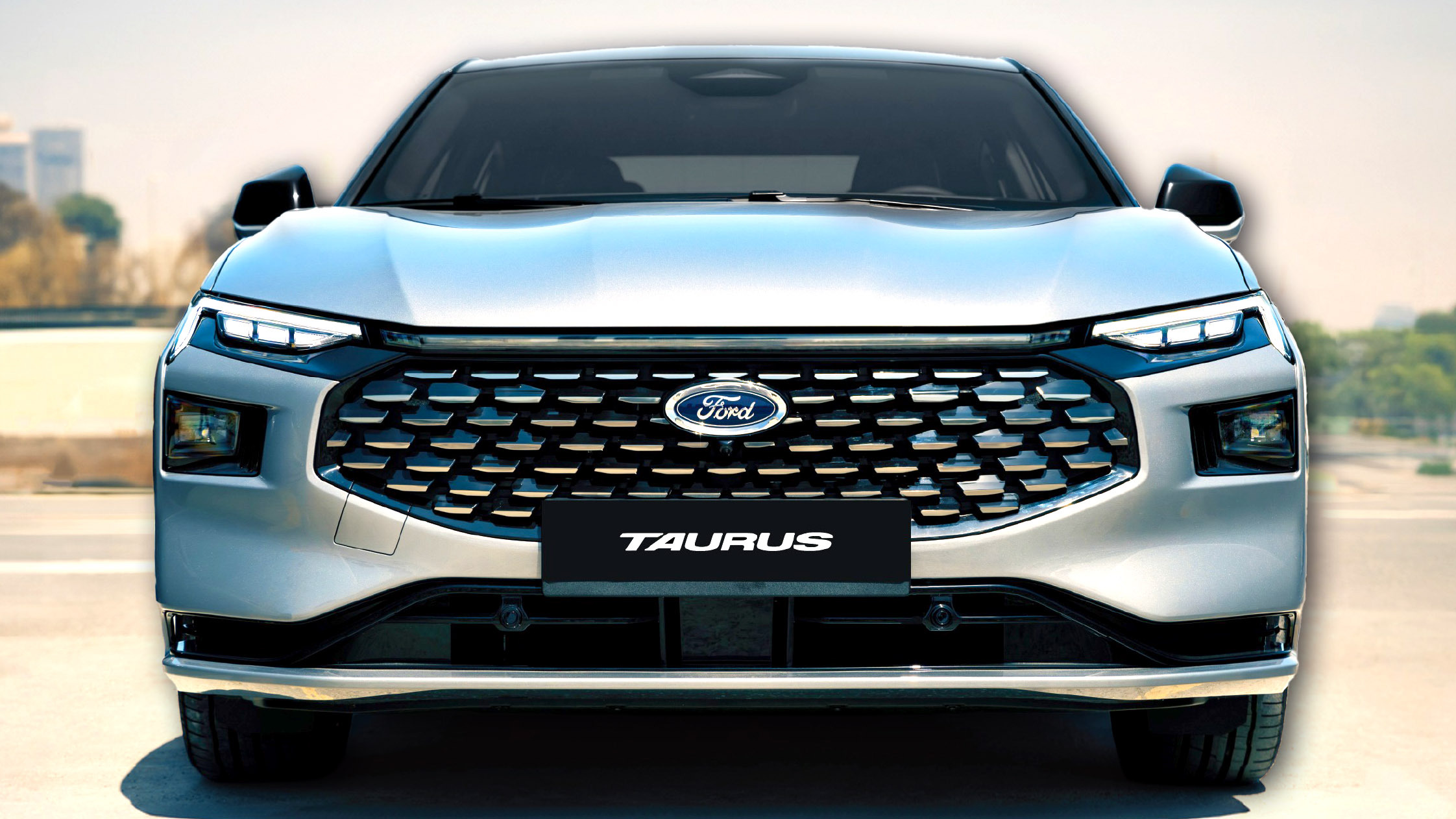



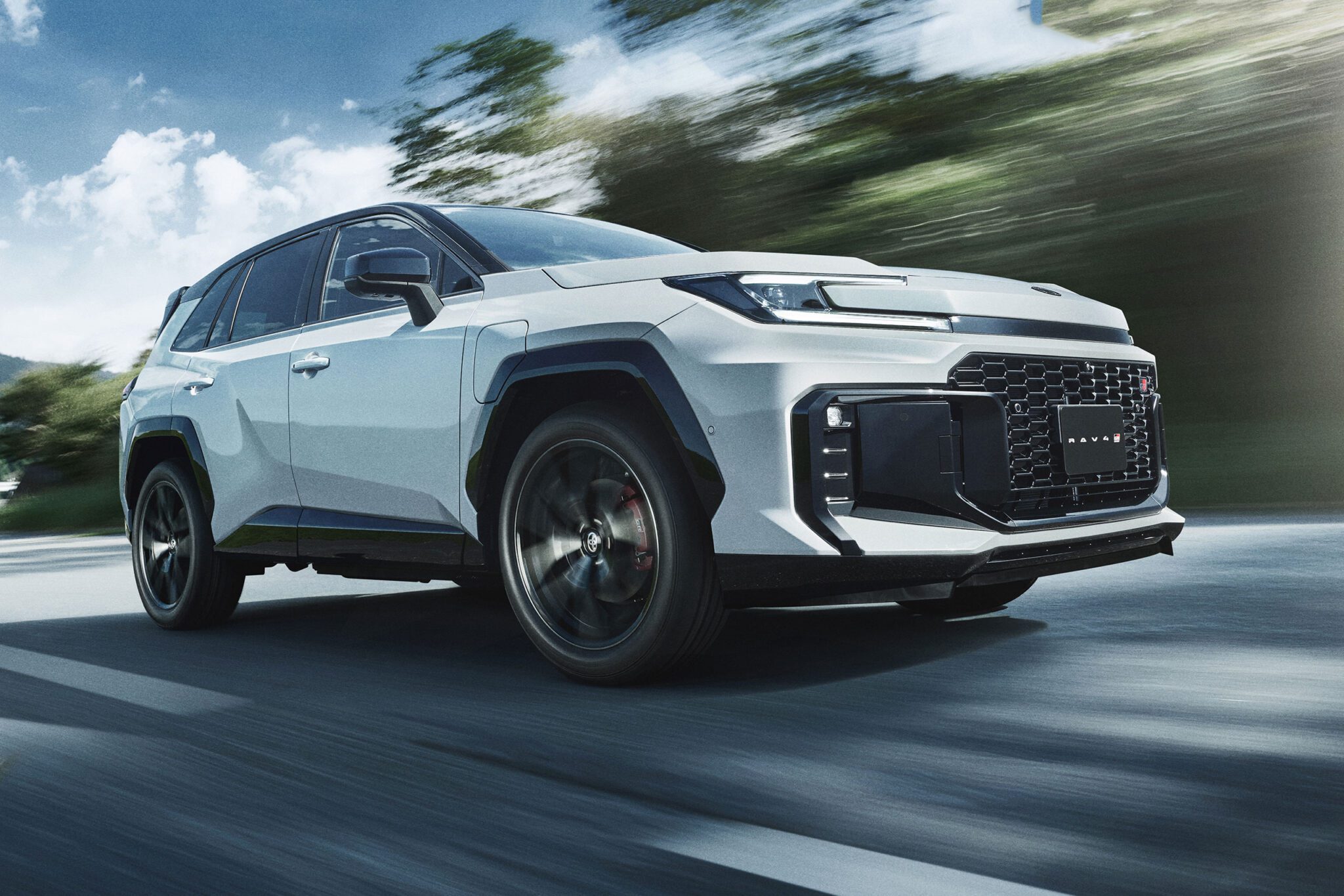
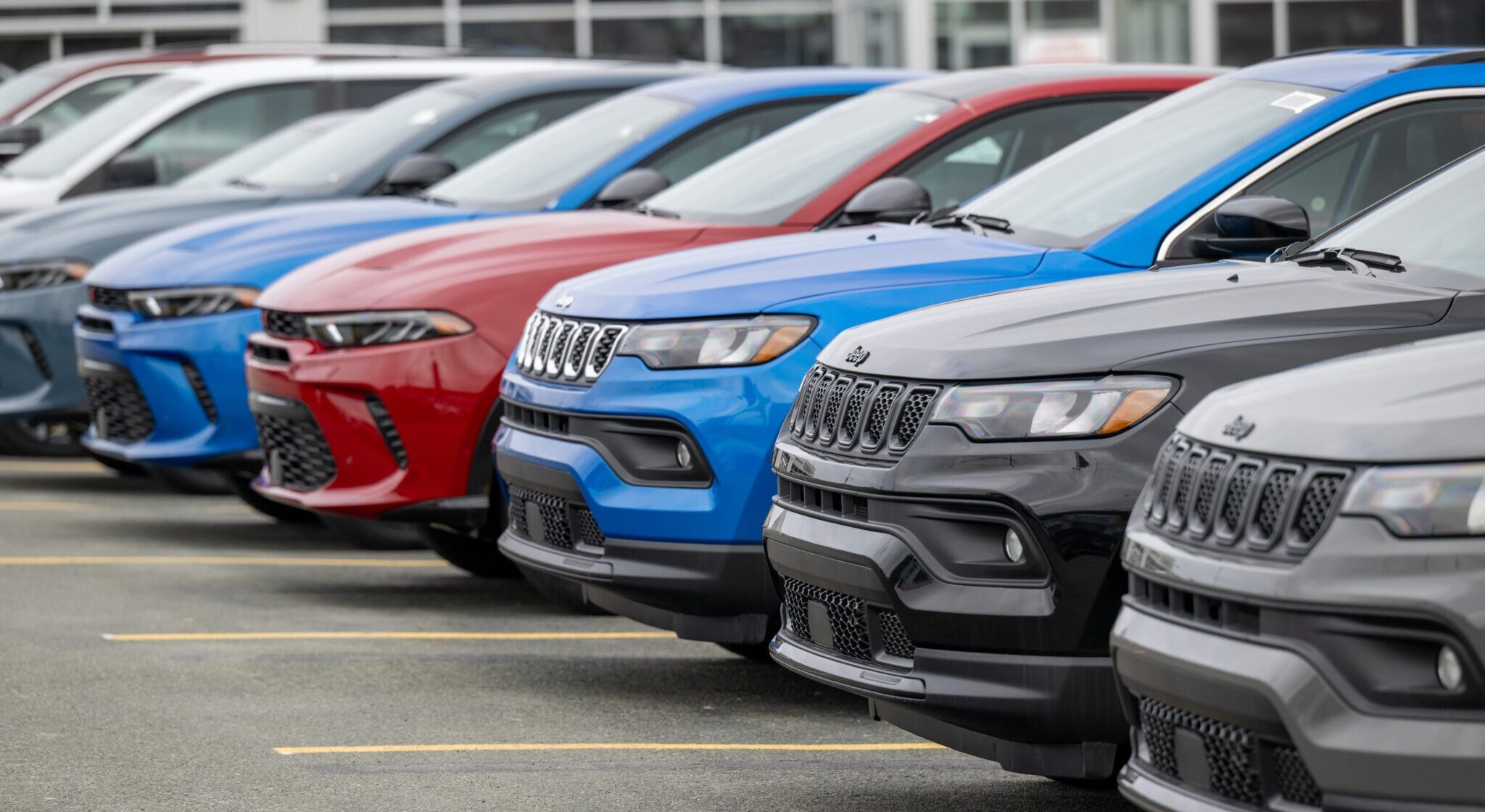


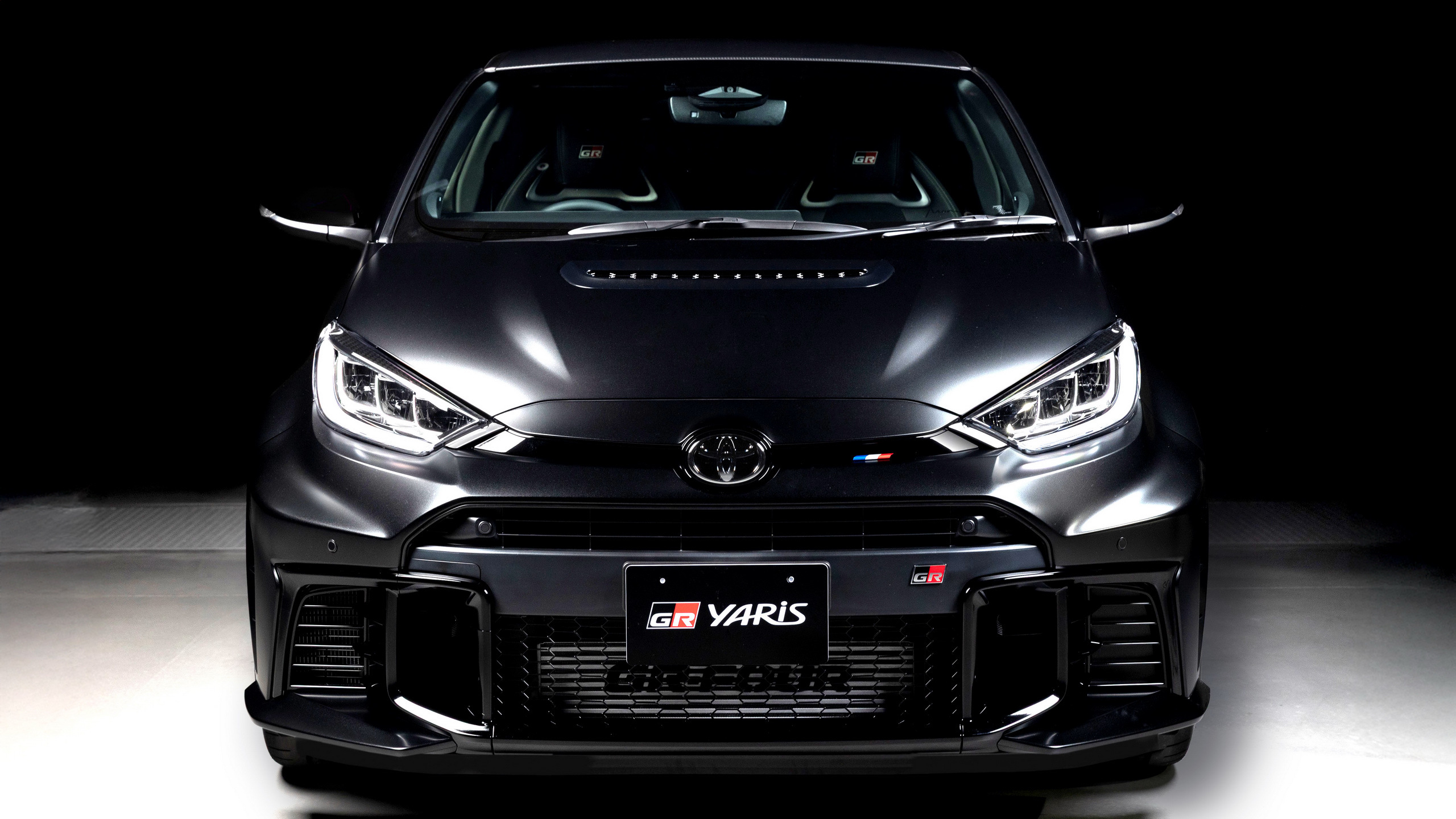
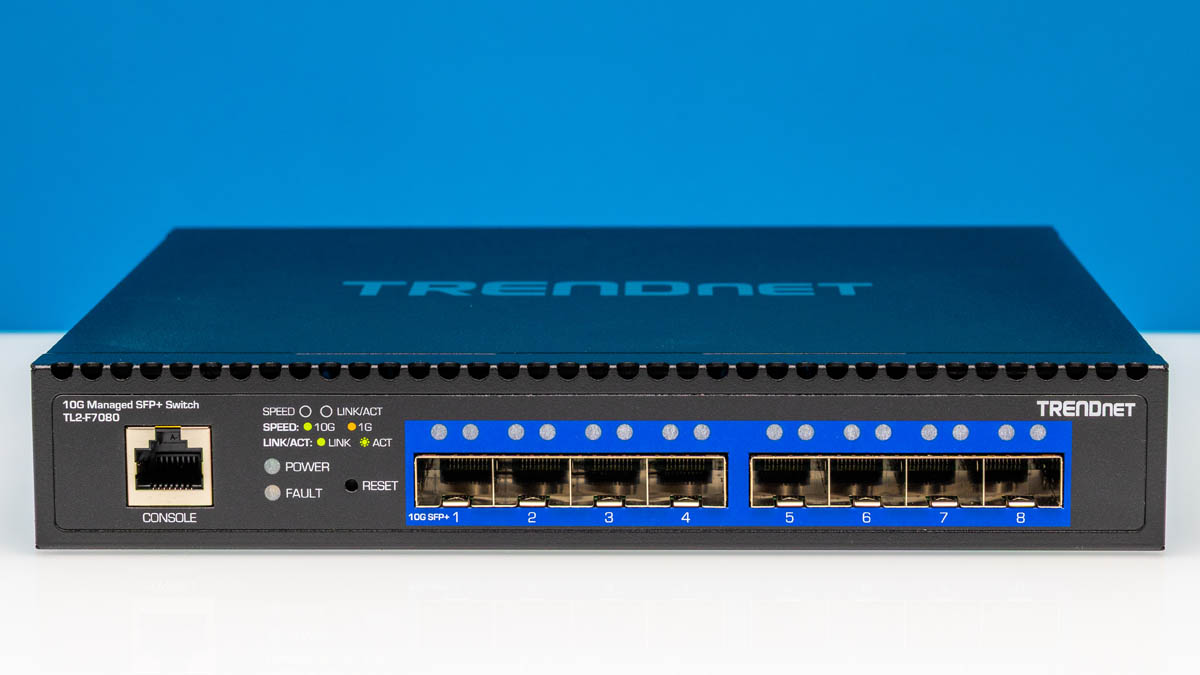

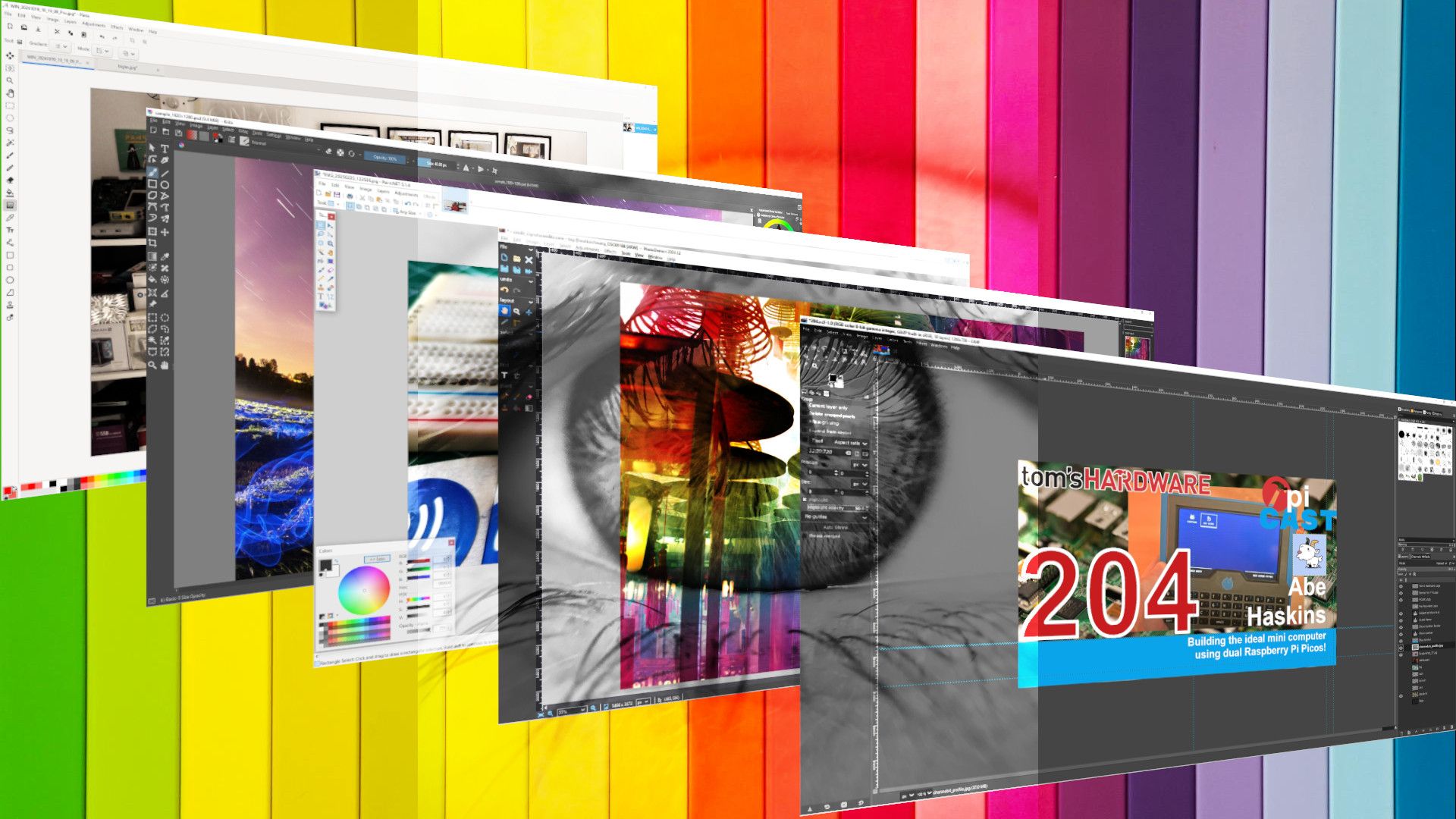

That’ll be nice to see. I like Collabora but haven’t tried hosting it. Opening that up and LibreOffice up side by side with the tabbed interface, barely any different. Maybe LibreOffice exposes way more buttons in each tab so maybe more intimidating but it looks pretty good compared to what I remember when the tabbed interface was first made available. Looking forward to seeing this progress